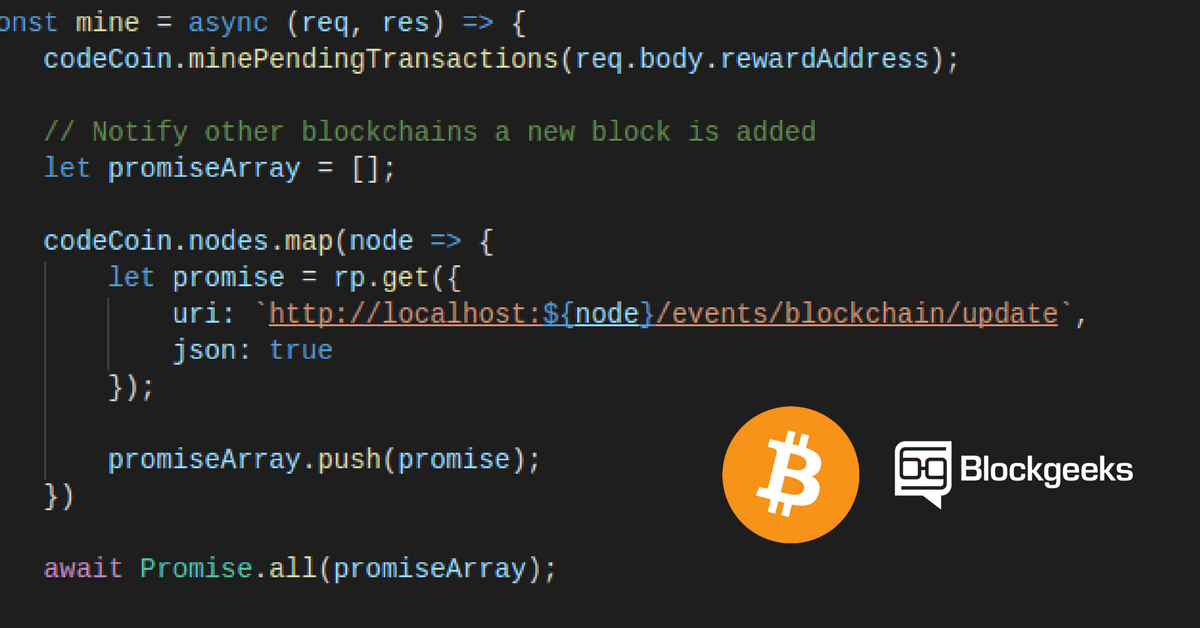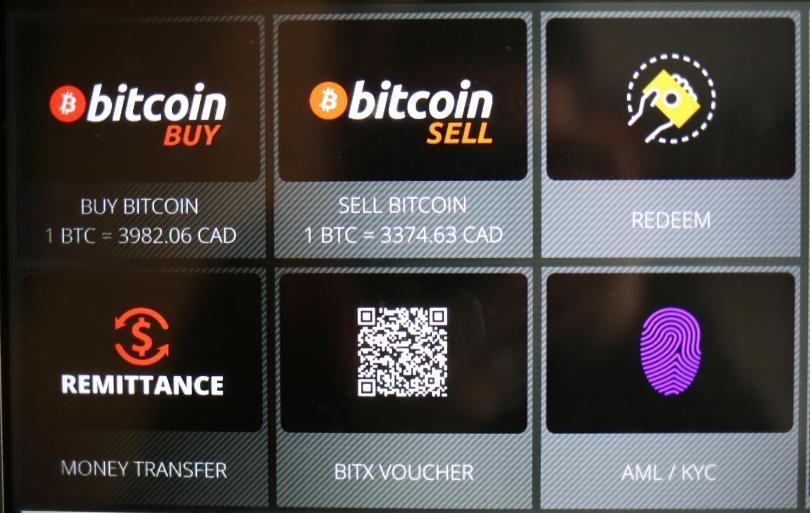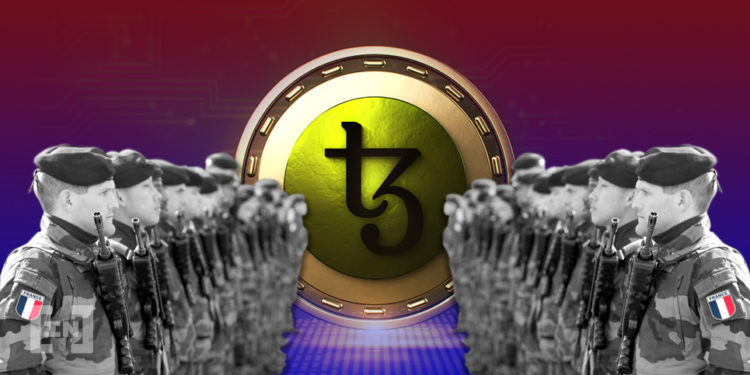On October 17, 2017, the Commodity Futures Trading Commission’s (CFTC) newly formed financial technology (fintech) innovation group, LabCFTC, released its first fintech primer, “A CFTC Primer on Virtual Currencies” (VC Primer).
The VC Primer gives high-level background on the mechanics of how virtual currencies work, as well as some clues regarding how the CFTC and the Securities and Exchange Commission (SEC) may regulate virtual currencies and virtual tokens. The VC Primer also highlights a number of legal and regulatory questions that remain unanswered.
In order to spur and guide discussion on this important topic, we have developed a list of frequently asked questions, or FAQ, related to CFTC oversight of virtual currencies under the Commodity Exchange Act (CEA), 7 U.S.C. § 1 et seq. We understand that certain terms of art in the virtual currency space are not static and will evolve through innovations we cannot even contemplate now. But it is important to establish a common vocabulary for purposes of the FAQ. We provide that vocabulary in the first part of this alert and then identify and discuss the FAQ.
Vocabulary for FAQ:
- Virtual Currency. In a March 2014 notice, the Internal Revenue Service (IRS) defined virtual currency as “a digital representation of value that functions as a medium of exchange, a unit of account, and/or a store of value.”2 One example of virtual currency is bitcoin. Bitcoin runs on a “blockchain,” which we explain below.3 Another term we use for virtual currency is “cryptocurrency.”
- Blockchain. Blockchain technology allows multiple parties to engage in verified, immutable and transparent transactions without the need for a trusted third party acting as an intermediary. While a detailed discussion of blockchain technology is beyond the scope of this guide, the distinguishing feature of a blockchain is an automated and decentralized peer-to-peer network of computers, all of which have a copy of the ledger that reflects every transaction that has taken place on the chain. For example, the bitcoin blockchain has a distributed ledger of all bitcoin transactions on the chain. Advanced cryptography only allows a new block of transactions to be added to the chain when more than half the computers on the network affirm its validity.
- Initial Coin Offerings and “Tokens.” In recent months, entrepreneurs have successfully raised over $3 billion through so-called initial coin offerings (ICOs.)4 Most of the projects make some use of blockchain technology. Although ICOs have taken a few different forms, in most cases the entrepreneur publishes a white paper outlining its business proposal and then sells virtual “tokens” to the public to raise capital. These tokens are typically based on a uniform protocol that operates on the Ethereum blockchain. In other words, the tokens are processed on the Ethereum blockchain and conform to certain standards with respect to how they can be issued and exchanged. Token issuers often use the proceeds from the token sale to fund their venture, while token holders have the right to resell their tokens in the future. Significantly, token holders usually do not have any equity or dividend rights in the venture. These tokens will typically be used to gain access to, or use the services of, the platform or application being built, and in some cases are used to raise capital for a fund that will invest in blockchain ventures.5
- Comparing Cryptocurrency to ICO Tokens. Tokens that are issued pursuant to an ICO share certain attributes with a virtual currency. For example, ICO tokens can also be used as a medium of exchange on certain platforms since token holders can exchange their tokens for cryptocurrency and, in some cases, other tokens. However, while cryptocurrency such as bitcoin can, in theory, be used to purchase multiple goods and services, tokens can typically be used only in connection with a specific project or platform. For example, a token issued for a social network blockchain might be required to gain access to that platform but would not have any other “use.” To many, the singular use of a token is what distinguishes it from a cryptocurrency.
Source/More: Frequently Asked Questions on Virtual Currency and CFTC Jurisdiction – Lexology

















